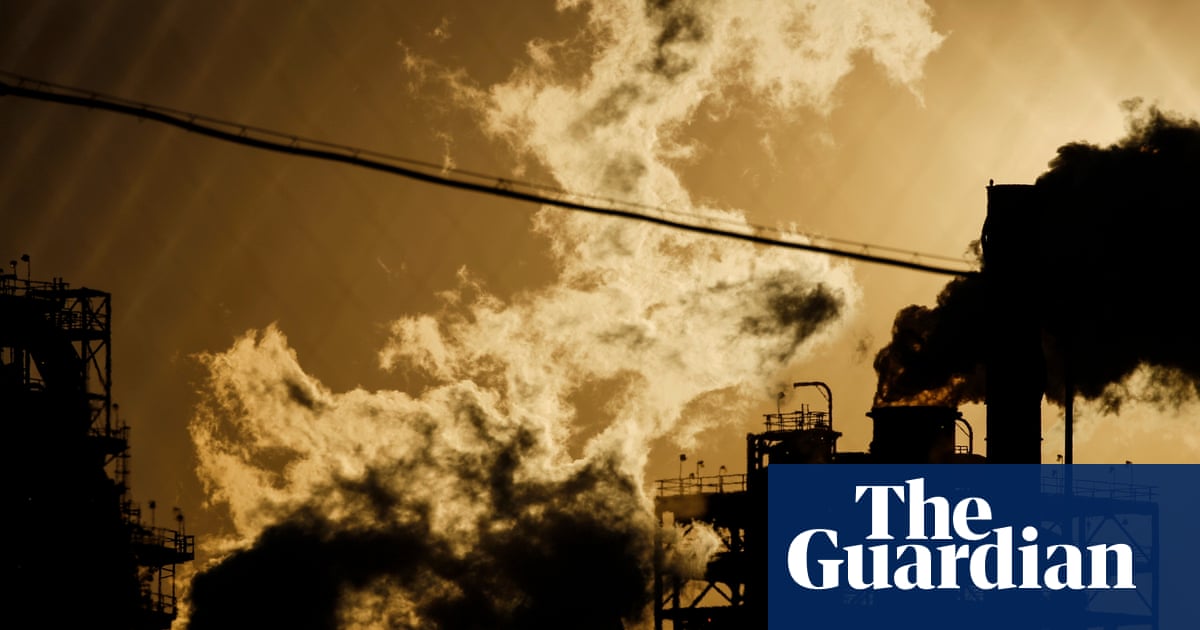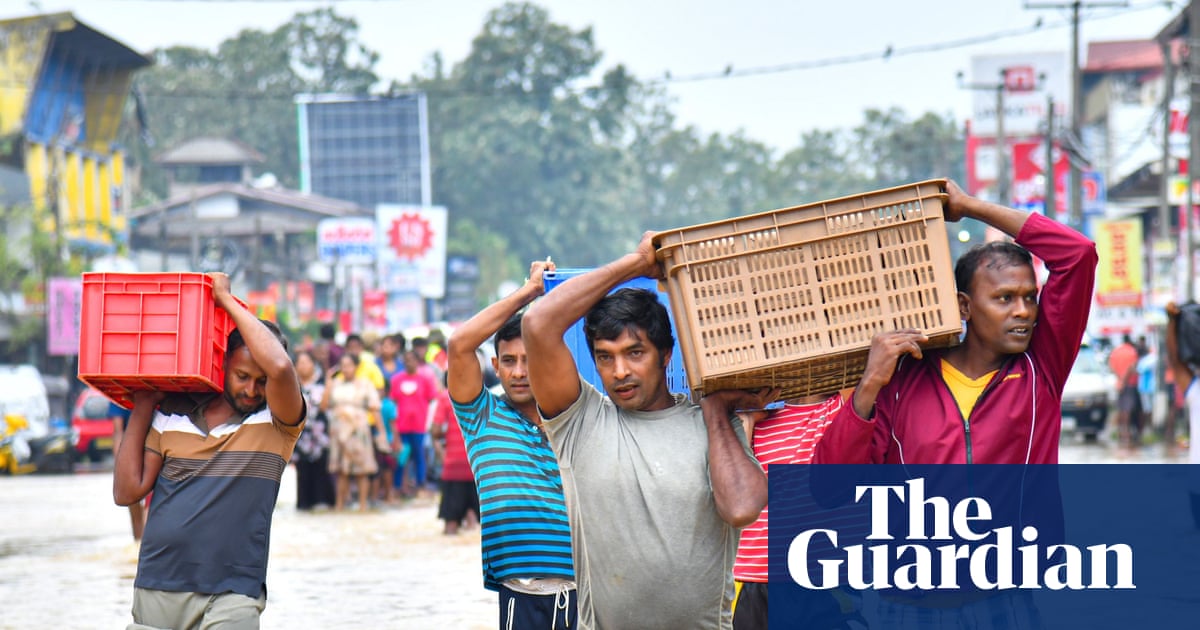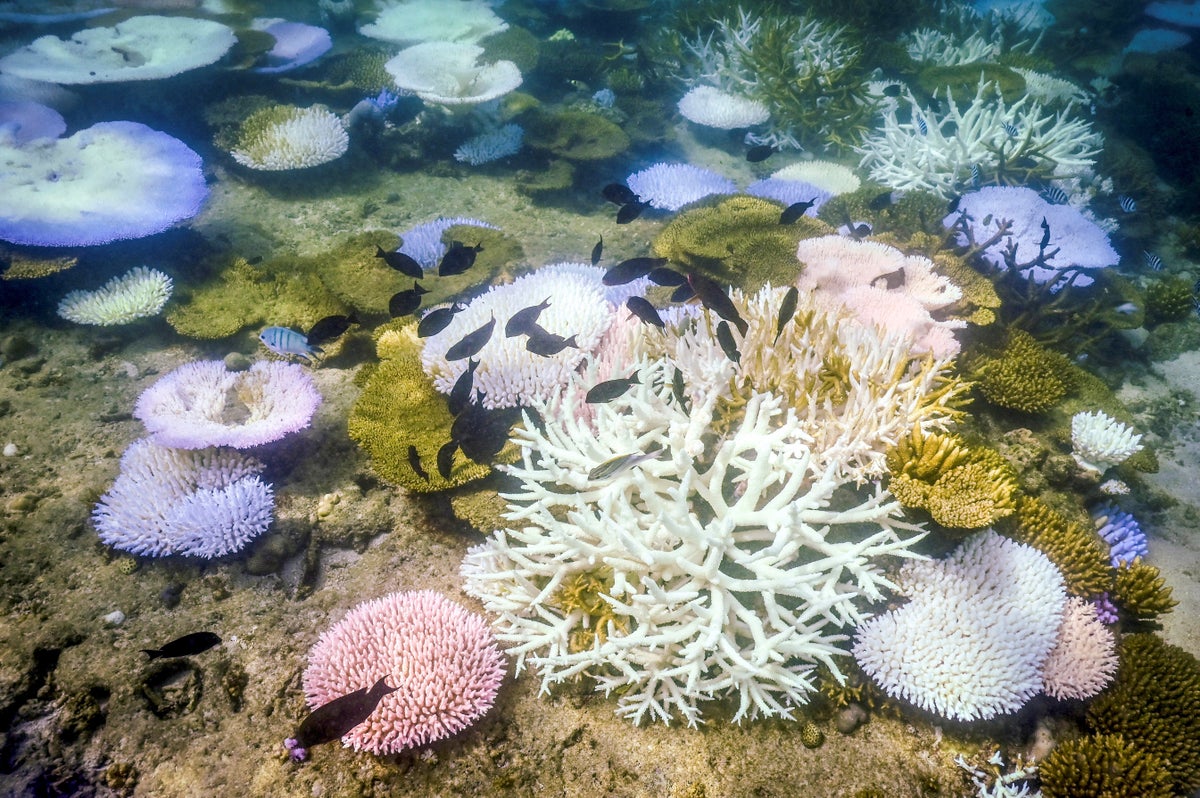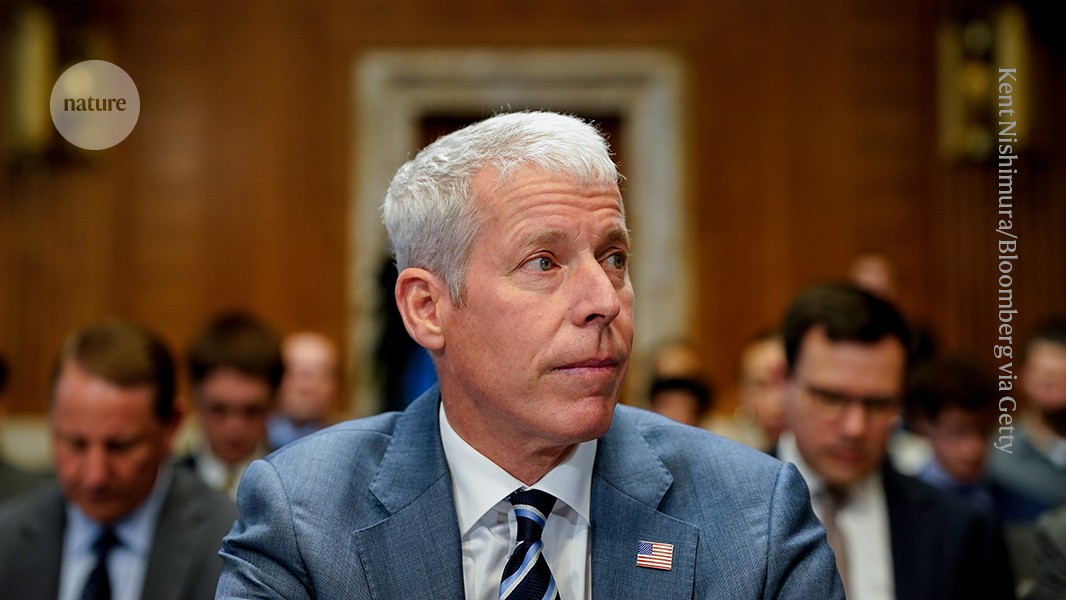fromThe Local France
5 days agoFebruary heat records smashed in south-west France
In the southwest, the mild weather has turned into outright spring heat, with temperatures worthy of May. Temperatures, already high for this season, are climbing further between Tuesday and Wednesday, with readings exceeding 25C at multiple stations.
France news

















